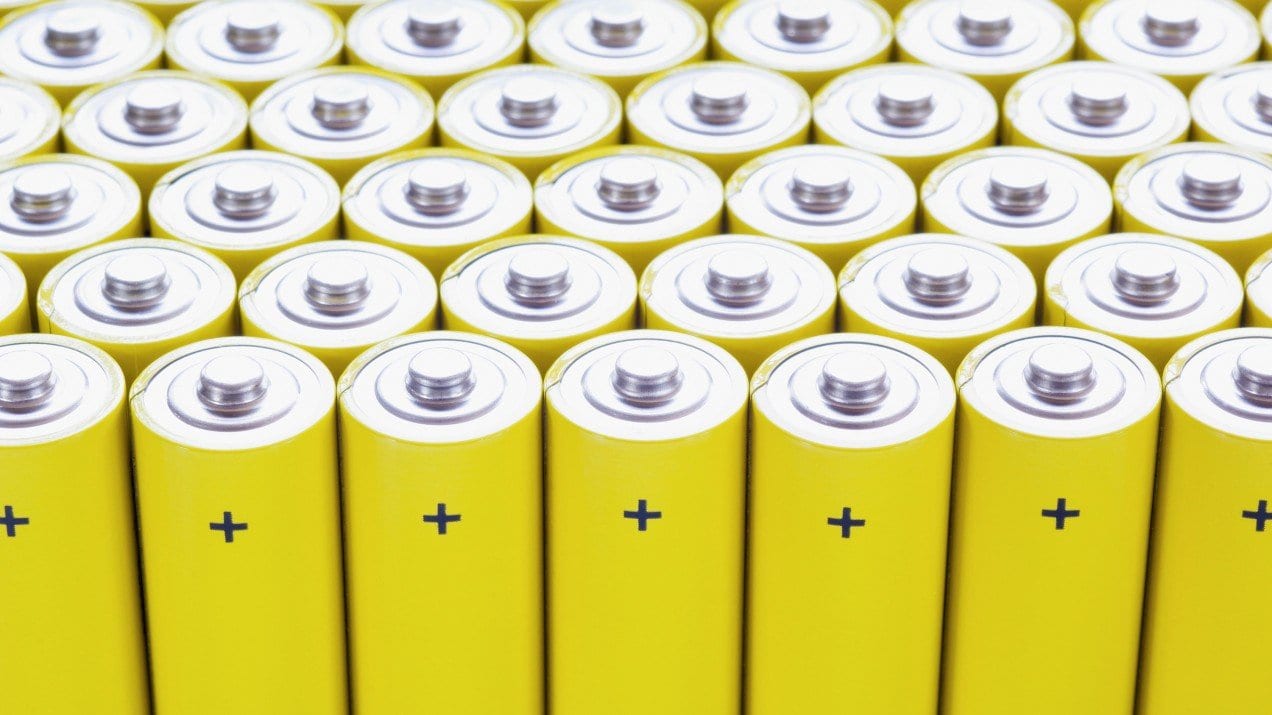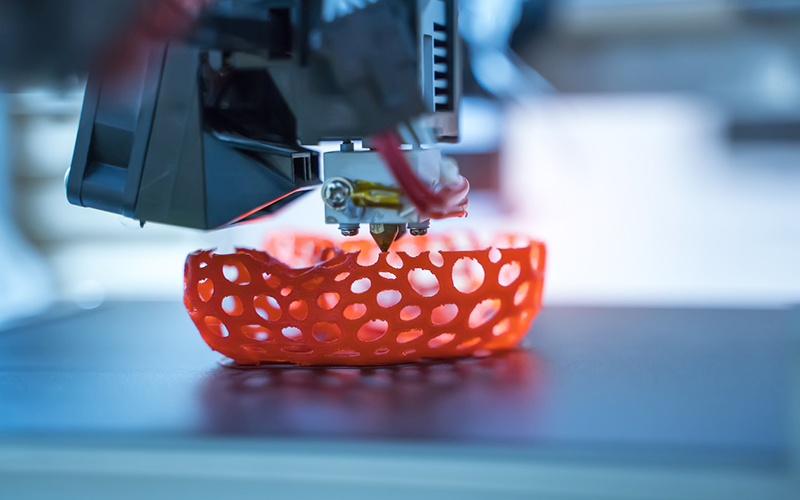One of the enabling technologies of our 21st-century lifestyle is the lithium–ion battery. These energy packs make possible mobile phones and electric cars, laptops and health-care devices, robots and remotely operated sensors, and much more.
.
Perhaps unsurprisingly, earlier this year their developers were awarded the Nobel Prize for chemistry. But materials scientists desperately need better batteries for the Internet of Things, for the next generation of personal devices, and much more.
.
Better batteries will also be called on to play a major role in storing the energy from renewable, but inconstant, sources such as the wind and the sun. Battery performance is the result of numerous different factors. Energy density is crucial; so is the ability to hold charge without it leaking away. Then there is rechargeability—not just once but thousands or tens of thousands of times—and, of course, safety. Electrochemists know only too well how delicate this balancing […]
Click here to view original web page at www.technologyreview.com





0 Comments